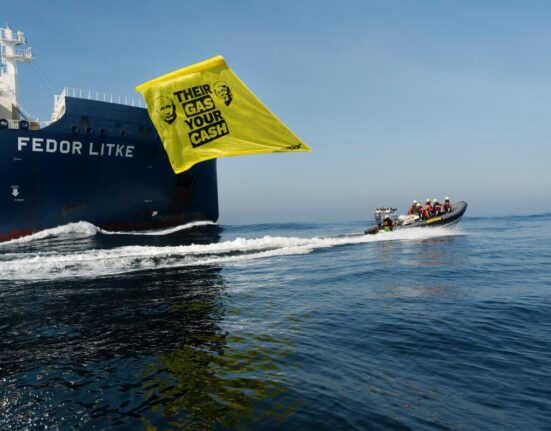A kava boom is shaking up the Pacific Islands, with soaring demand and prices transforming the lives of farmers like never before. Michael Louze, a seasoned kava exporter in Vanuatu, has witnessed a remarkable surge in kava sales over his 25-year career. He marvels at how farmers are now able to afford luxuries like Land Cruisers with their newfound income.
“Farmers are buying Land Cruisers with cash money,”
he remarked, highlighting the unprecedented prosperity that kava cultivation has brought to the region. This economic windfall is fueled by the increasing popularity of kava overseas, particularly in countries like Australia. According to Mr. Louze, this surge can be attributed to kava’s transition from a traditional ceremonial drink to a more mainstream beverage known for its calming properties.
In recent years, major Australian supermarkets have started stocking kava powder due to growing customer demand, further boosting its accessibility and consumption beyond the Pacific Islands. As exporters foresee Australia becoming a key market for kava, they anticipate significant growth potential for the industry valued at billions of dollars.
Despite the economic benefits reaped from this export frenzy, concerns are mounting among local leaders about the social repercussions of widespread kava consumption across the Pacific Islands. Jioji Ravulo, a professor specializing in social work and policy studies at the University of Sydney, emphasized the cultural significance of kava in fostering community ties through centuries-old traditions.
“Kava has for many years been seen as part of what we do to create community,”
Professor Ravulo explained. While acknowledging its positive effects on promoting relaxation and camaraderie, he also cautioned against potential abuse and negative impacts associated with excessive consumption.
Amidst this booming industry lies a sobering reality in Kiribati where Ruth Cross Kwansing, Minister for Women, Youth and Sport lamented how kava addiction was draining household resources meant for essentials like food and utilities. She highlighted how some men were spending exorbitant amounts on kava instead of supporting their families financially.
The challenges posed by this rapid growth extend beyond domestic issues; they also affect international trade dynamics within Oceania. Fe’iloakitau Kaho Tevi from Tonga’s National Kava Committee described how owning kava plants equates to having financial security akin to possessing a “bank.” In Fiji too, Praveen Narayan noted an exponential rise in demand for his product driven by Australian consumers who now dominate his market share compared to American buyers.
However promising these developments may seem for Pacific Island economies, sustaining this growth is proving challenging due to labor shortages caused by young people seeking opportunities abroad. The absence of youth workers hampers efforts to scale up production and meet escalating demand effectively.
As experts weigh in on striking a balance between economic gains and societal well-being amidst this unprecedented expansion in the global kava market, it remains imperative for stakeholders to address emerging issues responsibly while nurturing this ancient tradition into an economically sustainable future.









Leave feedback about this